Organic products have become the purposeful choice of many consumers who opt for a long and rewarding life. This has given a major boost to organic farming. Production of organic food avoids the use of pesticides, antibiotics and fertilizers. Plants are grown on soils free of chemicals, and 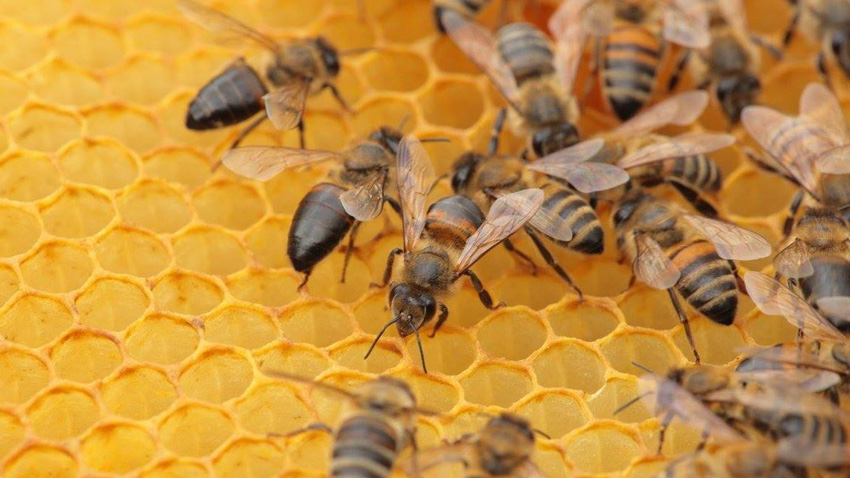 animals consume clean fodder. Besides organic food products go with certificates under European law and are controlled by licensed authorities. Bulgaria's organic farming started in 2001 when the first regulations took effect for this kind of production. Today the country has six thousand licensed farms, processing enterprisers and dealers. In the view of Stoilko Apostolov, CEO of Bioselena Foundation, this shows a good rate of development of a sector that has a bright future.
animals consume clean fodder. Besides organic food products go with certificates under European law and are controlled by licensed authorities. Bulgaria's organic farming started in 2001 when the first regulations took effect for this kind of production. Today the country has six thousand licensed farms, processing enterprisers and dealers. In the view of Stoilko Apostolov, CEO of Bioselena Foundation, this shows a good rate of development of a sector that has a bright future.
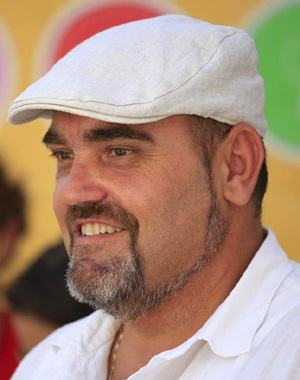 “Certified plots with grain crops top the list with a total area of 118,000 ha. There are many plots with perennial crops, like walnuts for instance due to higher subsidies and relatively small investments. Berry growing has grown rapidly, mostly for exports. A Bulgarian company is the biggest greenhouse vegetables' grower in Europe. The country also produces huge quantities of organic honey. The number of certified animals is also on the rise - two years ago we had only 18 animal farms but today demand for organic eggs and dairy products has grown steadily. For the time being we do not have local organic meat.”
“Certified plots with grain crops top the list with a total area of 118,000 ha. There are many plots with perennial crops, like walnuts for instance due to higher subsidies and relatively small investments. Berry growing has grown rapidly, mostly for exports. A Bulgarian company is the biggest greenhouse vegetables' grower in Europe. The country also produces huge quantities of organic honey. The number of certified animals is also on the rise - two years ago we had only 18 animal farms but today demand for organic eggs and dairy products has grown steadily. For the time being we do not have local organic meat.”
Just like in any emerging sector, organic food producers have a few problems to deal with. Fortunately, they are encouraged with good subsidies by the Rural Development Programme.
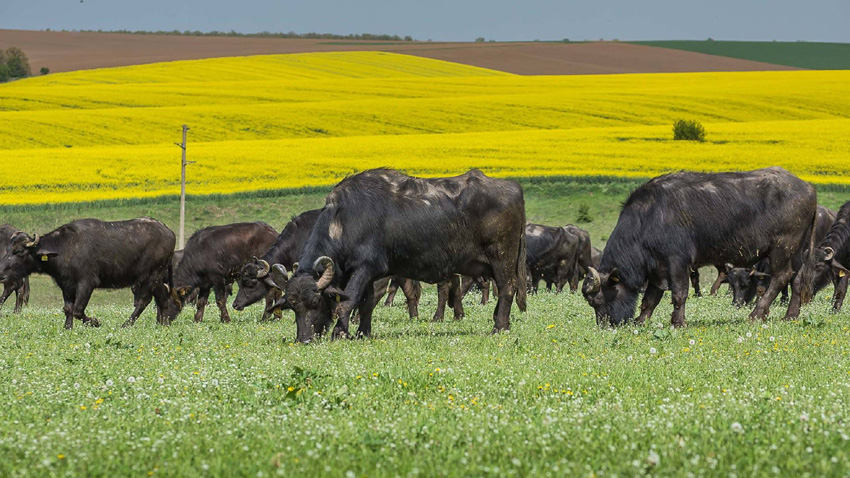
“Problems occur when someone opts for organic farming for the subsidies alone”, says Stoilko Apostolov. “Many farmers think that when they stop using artificial fertilizers and other chemicals they automatically go on the organic side. This is precisely where disenchantment comes, as yields fall drastically, and pests become rife. For the oil yielding rose for instance, the first two years are critical. There is however a very good plan for transition to organic farming, so that people are aware of what they should expect. If we take Sweden, the yields of organic wheat there have almost equaled ordinary wheat yields. So, there is a way for organic farmers to have high yields and profits.”
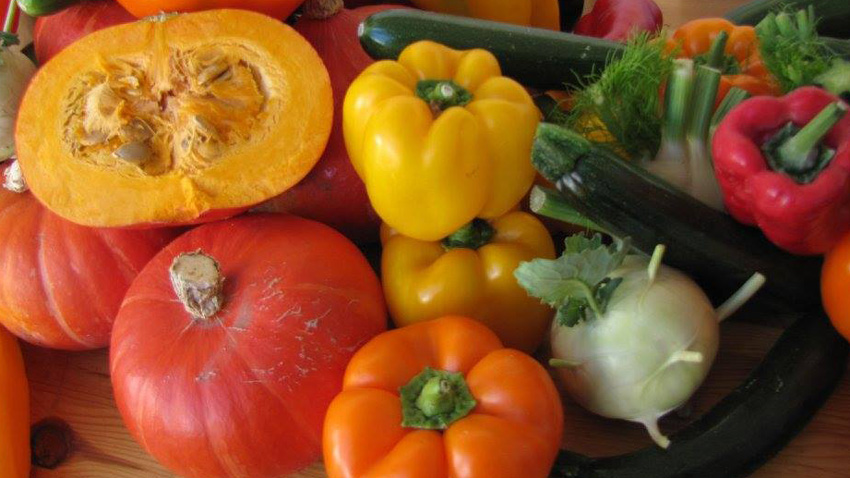 In the context of the veritable avalanche of poor quality and even poisonous foods a few people go into extremes and become slaves of modern mythologies.
In the context of the veritable avalanche of poor quality and even poisonous foods a few people go into extremes and become slaves of modern mythologies.
“Unfortunately, we can see the two extremes available in food stores and restaurants”, Stoilko Apostolov explains. “Only few products are somewhere in between. There are either very cheap and low quality food products or high-quality, almost deluxe ones. This situation in fact mirrors the makeup of Bulgarian society - it has no middle class with medium incomes. This way food producers and retailers try to adapt to demand and to average incomes. Well, one thing is certain and it is that cheap foods are by rule of poor quality.”
Abusing the term “organic” has declined, because there is stringent control, Stoilko Apostolovsays further and recalls the time when he bought 50 products with misleading labeling for just two hours.
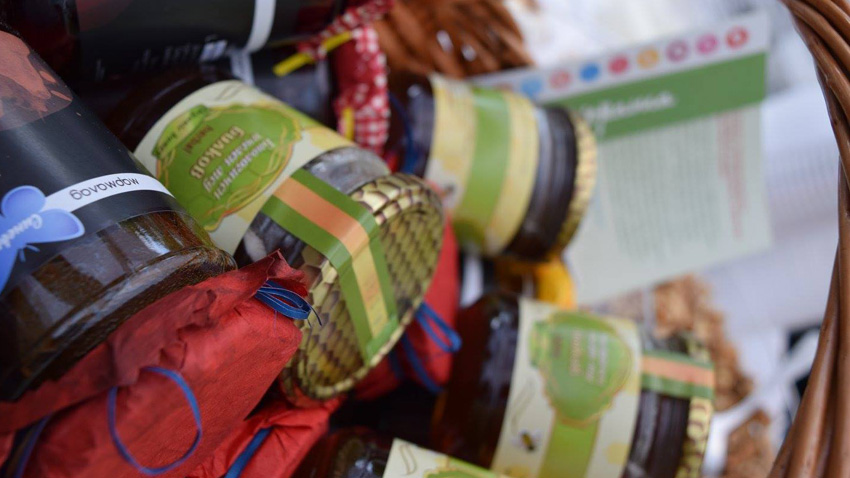
“I see the good food of the future consisting of organic products plus some treats, of course, like foie grasor some excellent wine that should not necessarily be organic”, he concludes. “And this is not a dream, but a trend that will become common reality in 20 years from now.”
English Daniela Konstantinova
Photos: Bioselena FoundationAccording to the Annual Report on the Health Status of Bulgarian Citizens for 2023, t he main cause of death in Bulgaria is diseases of the cardiovascular system (61.1%), followed by oncological diseases (16.5%) and diseases of the respiratory system..
In the week of St. Andrew’s Day (also known as Bears’ Day or Mechkinden), WWF is drawing attention to six orphaned bear cubs who have been given a second chance at life. The initiative is part of the "Subscribe to Nature" campaign and..
For the 30th consecutive year, the Bulgarian Posts organize a contest for the most beautiful letter to Santa Claus. Letters must be sent by 18 December with a stamped envelope "For Santa", the sender's address indicated and postage paid. All..
The village of Zmeyovo near the town of Stara Zagora is celebrating today, December 21, its traditional Festival of Pelin Wine. According to an..
Each piece evokes warmth and nostalgia because each is handmade and unique. The silvery reflections on the glass baubles take us back to childhood, when..
The making of knitted products is a traditional craft that deserves a revival and a new life, believes Alexandrina Pandurska, known for her numerous..

+359 2 9336 661
